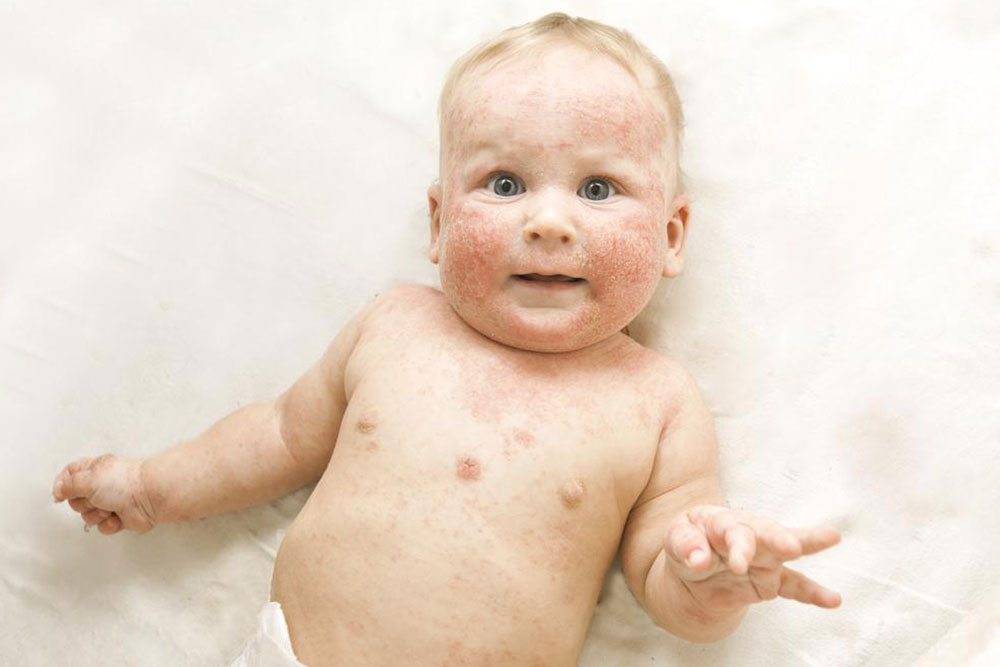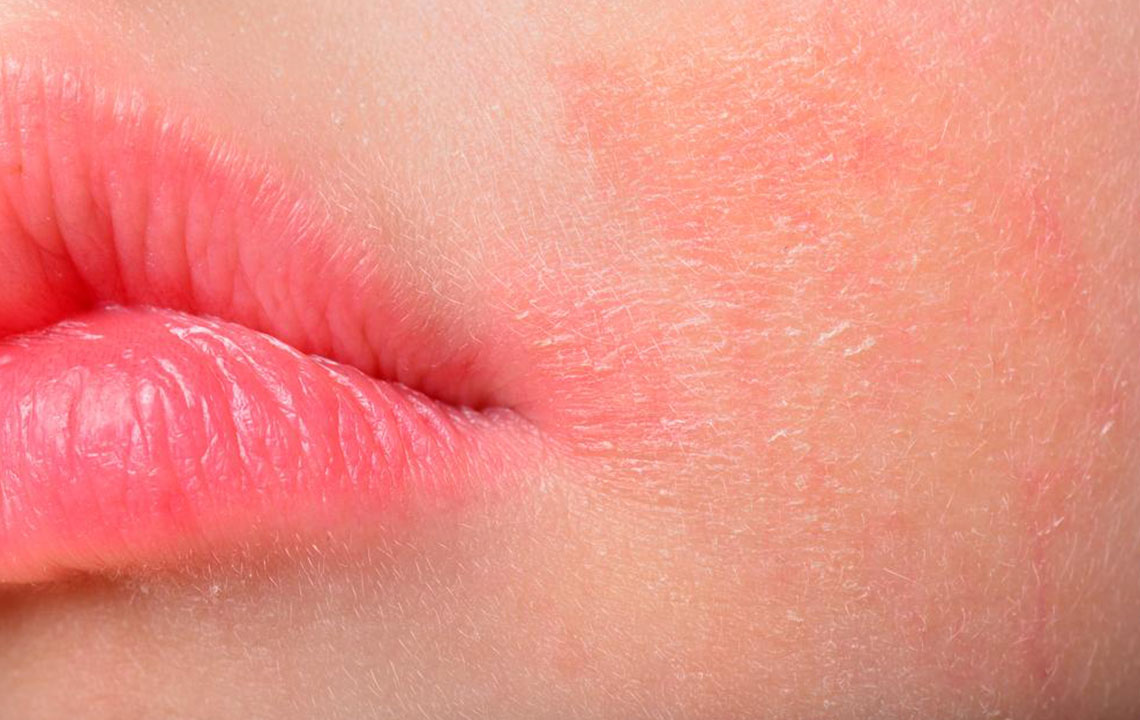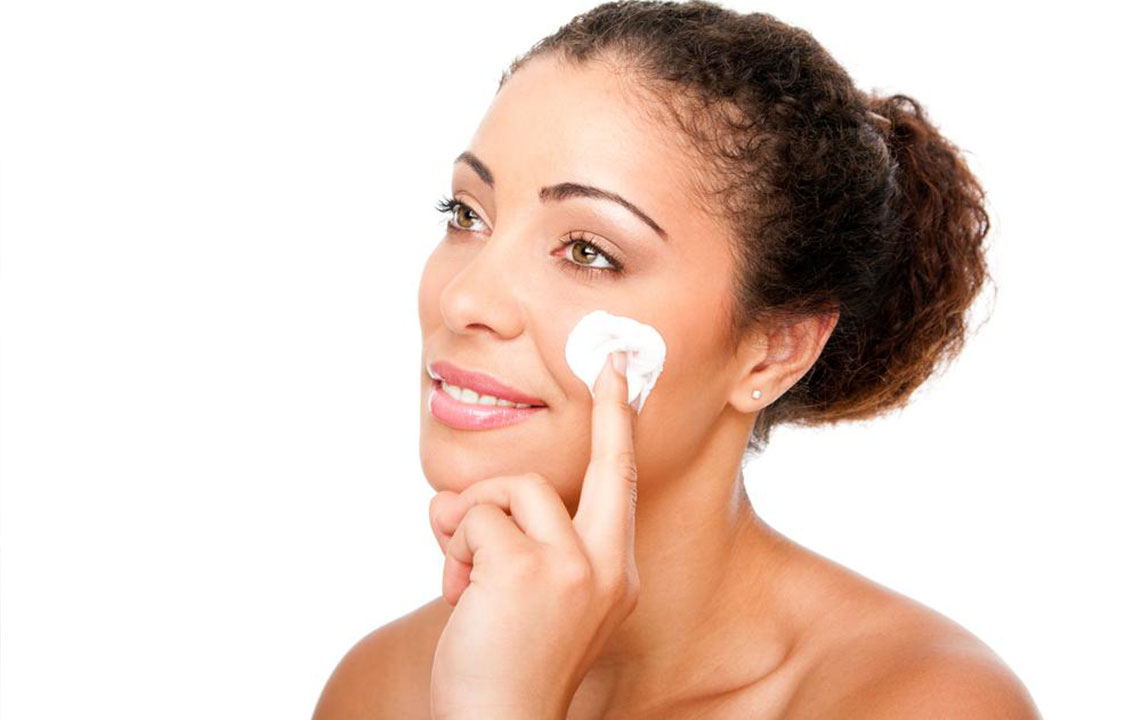Understanding the Four Main Types of Acne and Effective Treatment Strategies
This article explains the four main types of acne—comedonal, inflammatory, cystic, and hormonal—and offers effective treatment options. Understanding these distinctions helps individuals choose appropriate skincare strategies and when to seek professional help, making acne management more targeted and effective.

Understanding the Four Main Types of Acne and Effective Treatment Strategies
Acne is a widespread skin issue that many individuals experience at some point. Recognizing the specific type of acne you have simplifies the treatment process.
Below are the primary acne types and recommended treatments for each.
Comedonal Acne
This form results from blocked pores filled with excess oil. Regular exfoliation with suitable skincare products can help manage it. Using gentle cleansers containing exfoliating agents and washing your face frequently are effective strategies.
Inflammatory Acne
Characterized by red pimples, blackheads, and whiteheads, this type can appear unexpectedly and tends to be more persistent. Men are more prone due to higher testosterone levels that increase oil production. Managing excess oil through targeted products, such as those containing tea tree oil or benzoyl peroxide, is recommended. For sensitive skin, gel-based cleansers may be preferred.
Cystic Acne
This severe, scarring type requires early intervention. Treatment often involves prescription medications and can take several months to resolve. Early treatment is crucial to prevent lasting scars.
Hormonal Acne
Driven by hormonal fluctuations, especially in women in their early thirties, this acne appears around the chin and mouth, often linked to menstrual cycles. Birth control pills or testosterone-blocking medications can help stabilize hormones. Always consult a healthcare professional before using any medication for hormonal acne.
Important Notice:
The information provided on symptoms, treatments, and health conditions is for educational purposes only. It should not replace professional medical advice. Consult a licensed healthcare provider for any medical concerns or treatments.










